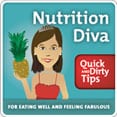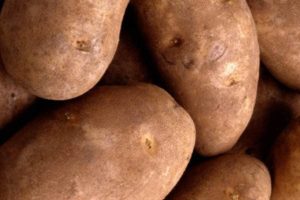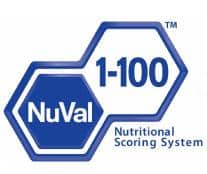
Q. I have seen a lot of conflicting information about the safety of farmed-raised fish. I stopped buying farm-raised salmon years ago because of the concern. How does farm-raised trout stack up to other fish in terms of nutrition and safety? Where does most of the supply come from in USA?
A. Unfortunately, this issue is a moving target. Exponential growth in aquaculture and the pressure to control costs means that procedures are constantly evolving. If watchdog groups make enough noise about a safety or nutrition concern, the industry often changes practices in response. So, something that was a concern a few years ago may no longer be a problem. (See, for example: Farmed salmon gets an anti-inflammatory makeover.) However, newer concerns may have cropped up in the meantime.
The best resource I’ve found to keep up with these issues is Seafood Watch. These guys are working hard to stay on top of all of these issues and to provide up-to-date resources for consumers trying to make safe and responsible choices. They have a number of tools for consumers, including a mobile app for your smart phone or a low-tech wallet card, as well as in-depth reports on individual fish. According to the fact-sheet on farmed trout, most of the farm-raised trout in the U.S. is produced in Idaho, with a minimum of negative environmental impacts. They consider it an excellent choice.



